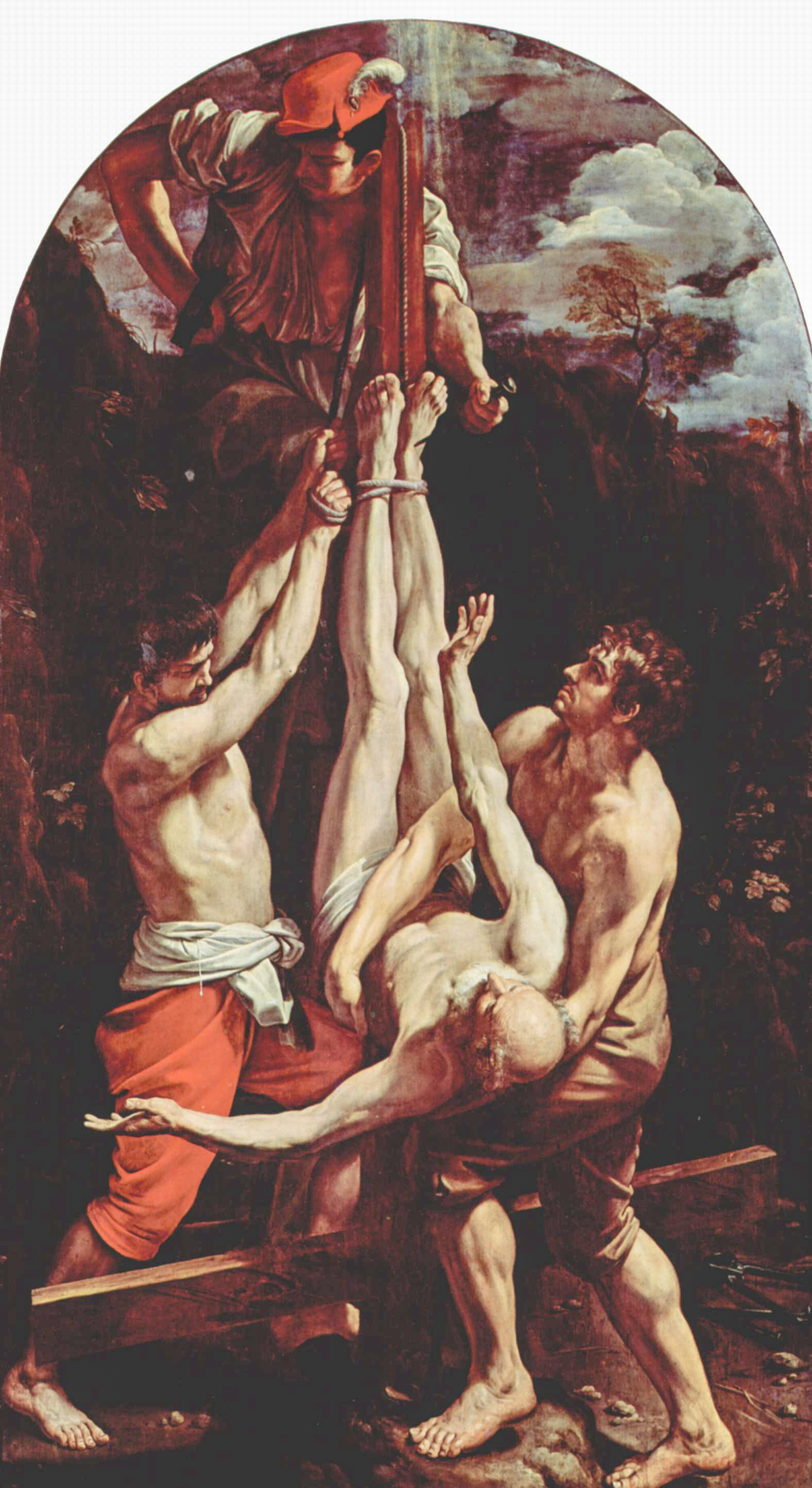The Story of Simon the Zealot: How Did He Die?
Hey, everyone! Today I want to share the story of Simon the Zealot with you. This man was one of the twelve apostles chosen by Jesus, yet his fate remains shrouded in mystery. I’ve spent quite some time researching this topic and uncovered many fascinating details. Next, I’ll explain it all in plain, easy-to-understand terms.
Why Am I Interested in Simon the Zealot?
Honestly, this has always intrigued me. You know what? Simon the Zealot was one of the Twelve Apostles, yet he seems perpetually overlooked. We hear names like Peter, Paul, and John, but Simon the Zealot? He seems to have vanished into history. So, about two weeks ago, I decided to look into how he died. I figured a quick online search would give me the answer, but… well, it was a real headache.
The Online Information Is a Mess
First, I went to the usual sites like Wikipedia and some Christian resources. I expected clear answers, but reality hit me hard—nothing! The four major Gospels don’t mention his death. Even the Acts of the Apostles merely lists him in a roster and never mentions him again.
So I turned to later Christian legends. But the more I read, the more confused I got:

- Crucified
Sounds familiar, right? After all, many apostles died that way. But the problem is, some stories say it happened in Britain. Britain? Seriously? Considering the context, this claim makes no logical sense. - Sawn in half
Another version says he was sawn in half. Sounds gruesome, but details are scarce. Who did it? When? Where? No one knows. - Both Sawed in Half and Crucified
Even more outrageous is the claim that he endured both tortures simultaneously. That seems far-fetched, like something concocted purely for dramatic effect.
In short, these accounts contradict each other and lack any credible historical basis. They’re pure fabrications by later generations.
Searching for Older Sources
Since online materials were unreliable, I decided to consult older texts. I dug out those thick history books I hadn’t touched since college—like Eusebius’s The History of the Early Church. Unfortunately, they also made no mention of Simon the Zealot’s death.
Next, I turned to academic databases, hoping to find peer-reviewed articles or early Christian studies. The result was the same: “Tradition holds that…” followed immediately by “…but there is no reliable historical evidence.” It was infuriating!
Finally, I even delved into the apocrypha—those marginal gospels not recognized by early church leaders. I finally found a book called The Acts of Simon Magus, thinking I’d struck gold. The result? Pure myth and adventure tales—demons, magical battles… …The account of his death is utterly unreliable, pure legend.
What’s the Truth?
After all this effort, I finally grasped one thing:
We simply don’t know how Simon the Zealot died.
This might sound disappointing, but it’s the plain truth. He was one of Jesus’ personally chosen core disciples, mentioned in the first three Gospels and Acts. Yet his story abruptly ends, with no reliable accounts left behind. Or if any were recorded, they’ve vanished entirely.
How Did Later Legends Emerge?
So where did those later tales of his death come from? They were actually fabricated by later generations. Centuries later, people craved more thrilling martyrdom stories, so they began inventing plots for apostles like Simon. They believed apostles should sacrifice themselves for their faith in dramatic ways. Thus emerged tales of crucifixion, sawing in half, and other such accounts.
Put plainly, these stories were propaganda tools designed to amplify the veneration of apostles, not reflections of reality.
Summary
The story of Simon the Zealot teaches us one thing: history isn’t always clear-cut. Sometimes even significant historical figures become blurred due to a lack of documentation. While we can’t confirm how he died, this doesn’t diminish his importance as one of Jesus’ apostles.
If you enjoy exploring these mysterious topics, why not do some digging yourself? You might just uncover some new clues!
https://www.swap-bot.com/user:aboutvirgohttps://meta.decidim.org/profiles/aboutvirgo/activityhttps://www.salejusthere.com/profile/0708882263https://kikushark.amebaownd.com/https://aboutvirgo.therestaurant.jp/https://sharkwu.shopinfo.jp/https://yulishark.storeinfo.jp/https://interpreteddreams.theblog.me/https://aboutpisces.themedia.jp/https://tinmu.localinfo.jp/https://www.wincustomize.com/users/7606205/https://forums.joeuser.com/user/7606205https://forums.stardock.com/user/7606205https://forums.littletinyfrogs.com/user/7606205https://forums.ashesofthesingularity.com/user/7606205https://forums.demigodgame.com/user/7606205https://forums.elementalgame.com/user/7606205https://forums.galciv2.com/user/7606205https://forums.galciv3.com/user/7606205https://forums.gamersbillofrights.com/user/7606205https://forums.offworldgame.com/user/7606205https://forums.politicalmachine.com/user/7606205https://forums.starcontrol.com/user/7606205https://forums.sinsofasolarempire.com/user/7606205https://forums.sorcererking.com/user/7606205https://forums.galciv4.com/user/7606205
https://www.goodolcomics.com/blog/profile/aboutvirgo/http://www.wmhelp.cz/html/modules.php?name=Forums&file=profile&mode=viewprofile&u=599608/https://jump.5ch.net/?https://aboutvirgo.com/https://gockhuat.net/member.php?u=410197/https://kikushark.amebaownd.com/posts/58225087/https://aboutvirgo.therestaurant.jp/posts/58225130/https://sharkwu.shopinfo.jp/posts/58225167/https://yulishark.amebaownd.com/posts/58225184/https://yulishark.storeinfo.jp/posts/58225595/https://interpreteddreams.theblog.me/posts/58225723/https://aboutpisces.themedia.jp/posts/58225813/https://tinmu.localinfo.jp/posts/58225853/
https://jump.5ch.net/?https://aboutvirgo.com/
https://jump.5ch.net/?https://interpreteddreams.com/
https://jump.5ch.net/?https://aboutpisces.com/
https://jump.5ch.net/?https://jsami.com/
https://jump.5ch.net/?https://blood-c.com/

